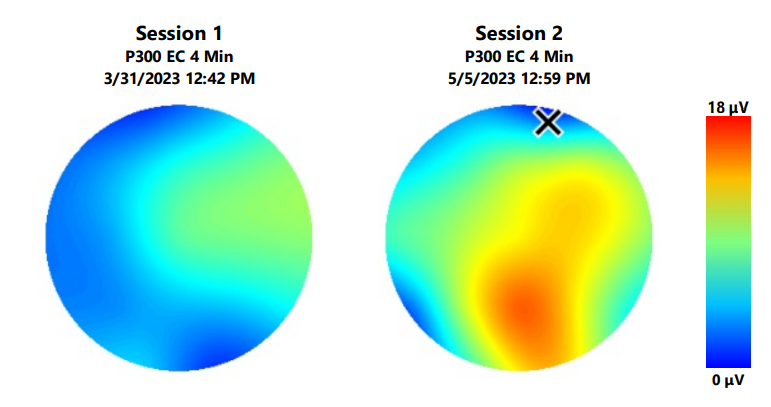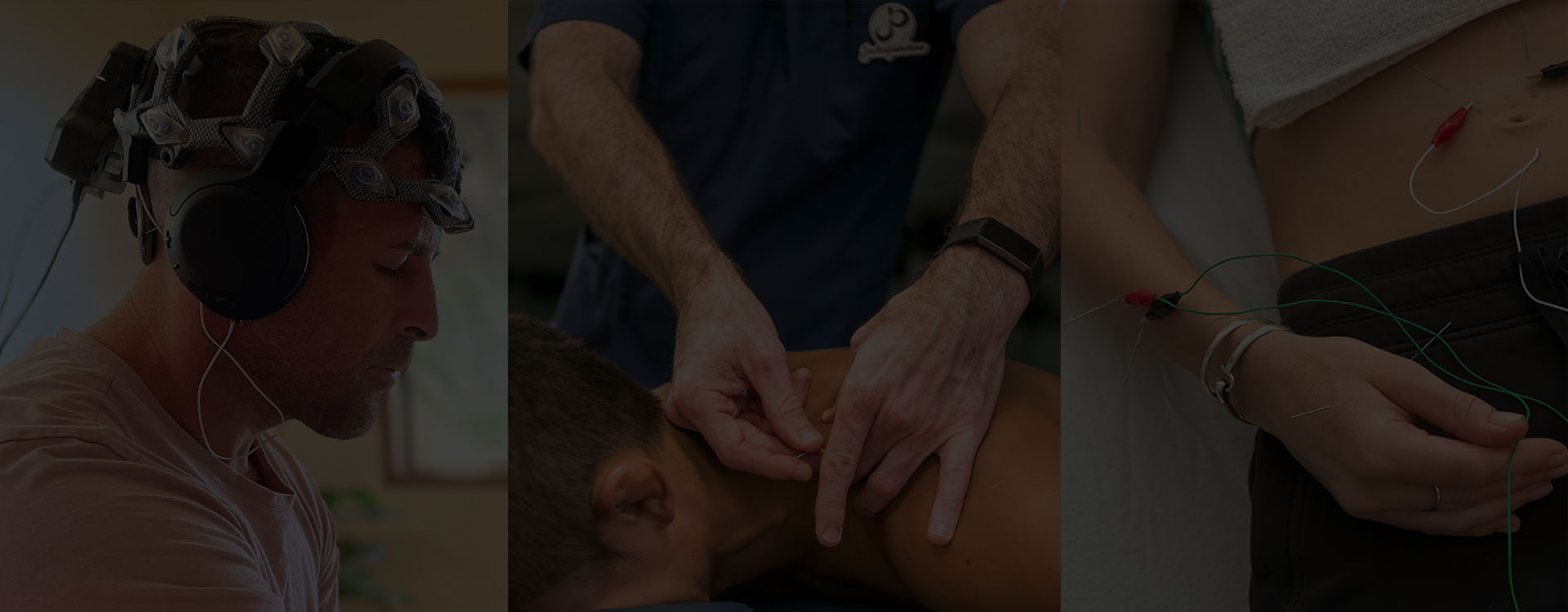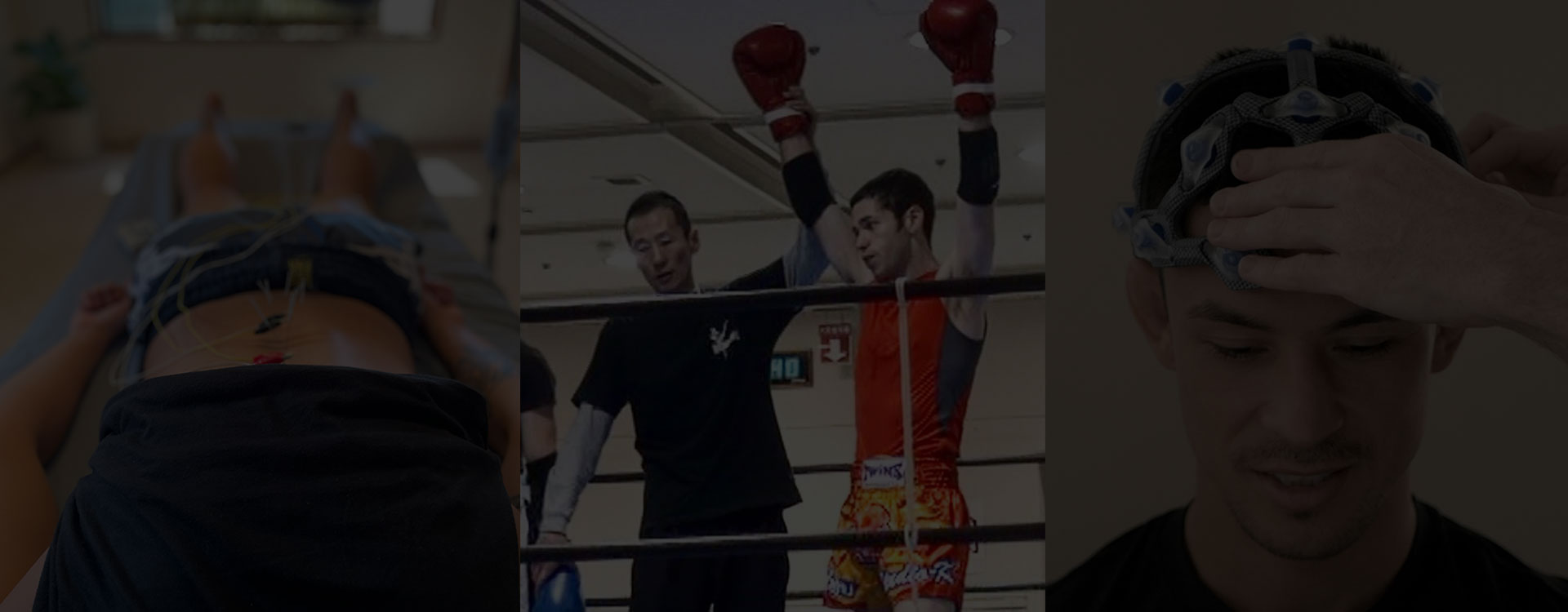Concussions + Brain Health
Enhance Brain Function
Electroacupuncture enhances traditional acupuncture with gentle electrical currents, promoting faster recovery and improved results.
This therapy is highly effective for reducing chronic pain by stimulating nerves and muscles to relieve tension and discomfort.
The intensity and frequency of the electrical currents are tailored to your specific condition, ensuring a personalized healing experience.
Electroacupuncture provides a safe, non-invasive alternative for treating a wide range of conditions, from pain to stress relief.
Concussion Story

To the left is a real example of the results Jackupuncture concussion care offers. These are the WAVi EEG scans of a patient who experienced a severe injury to the left side of their head in 2015, and regained access to a more powerful brain with PeakMIND 8 years after their accident.
Read More About This Case Study
To the left are the before/after WAVi scans of a Jackupuncture patient who underwent PeakMIND for a decade-old head injury. These scans show the energy produced by the brain in microvolts. Cooler colors represent areas of low energy. Warmer colors represent areas of higher energy. Warmer is better, as the brain's energy is a marker of its cognitive resources, the amount of energy it has to complete all of its many tasks. When the brain doesn't have as much energy, like in the scan on the left, many different issues can result.
In 2015, this patient experienced a severe injury to the left side of the head. This accident left the patient with a 4" scar along their skull. As a part of their care, they received MRI and CT imaging to rule out internal bleeding, and then had their scalp stitched back together. The doctors recommended the patient not watch TV and avoid flying for a couple of weeks. The patient received no medication or rehabilitation for their injury. This is far from optimal care.
After this event, the patient experienced a wide range of issues, including brain fog, ADHD, astigmatism and blurry vision, anxiety, and depression.
As seen in the more colorful scan on the right, this patient's brain function improved significantly after a single series of PeakMIND. Their brain's maximum reaction voltage increased by 9 microvolts, with previously dormant regions also coming back to life. This patient now has greater access to all of their brain, with their brain now also having access to more power and energy.
This patient reports that after PeakMIND their brain fog is completely gone. Their vision has improved so much that they can see small writing on boards at work without glasses. Their memory and recall is better, helping them remember why they went into a room, what word they want to use or what they need to get done. They are more efficient and productive, able to focus and accomplish tasks better. Their overall mood and outlook are much better, helping them manage stressful and anxiety-inducing situations better.
This case is a great example of how PeakMIND can help with a wide range of issues, even severe, significantly older/chronic symptoms. Many PeakMIND patients report similar improvements as this patient, with one patient even needing to change the prescription of their reading glasses to accommodate their improved vision.
All cases are different, however, and results will vary from patient to patient. To learn more about how PeakMIND may help in your case, schedule a consultation with us.
From Brain To Toe
Jackpuncture offers a combination of orthopedic, medical, and traditional acupuncture to help address the brain. Here’s a list of what we can help treat.












